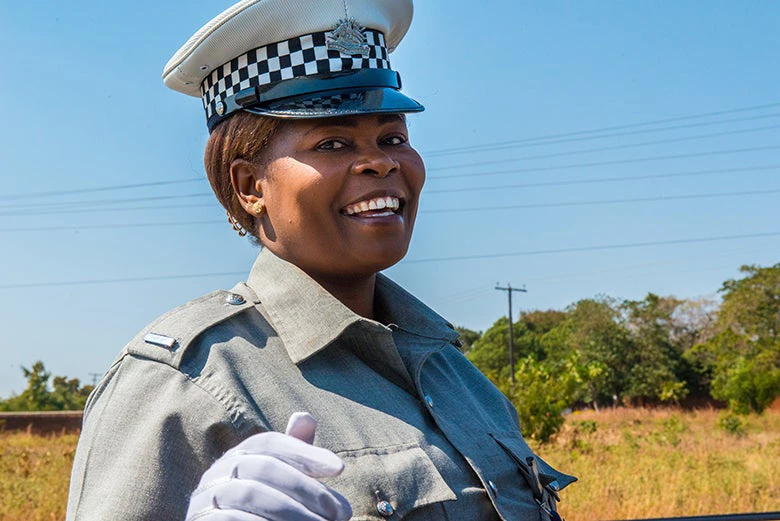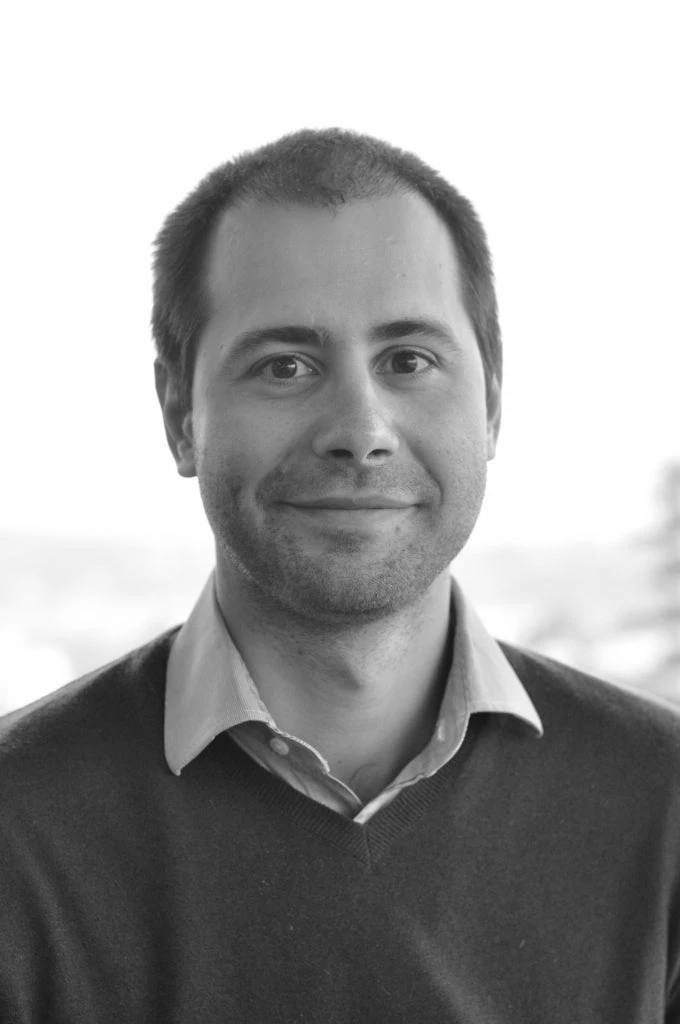The renewed focus on conflict prevention—resulting from the jointly published UN–World Bank study, Pathways for Peace—along with the recent rise in intra-state and regional conflicts, has thrust conflict prevention back to the center of global security sector reform (SSR) discourse.
As highlighted in the 2017 DCAF report, “The Contribution and Role of SSR in the Prevention of Violent Conflict”, security and justice institutions are often the primary interface between states and the populations they are meant to serve. But their protracted ineffectiveness or poor governance can leave the door open for conflict to escalate. It is therefore encouraging that we are going back to the roots of SSR and reassessing its role in conflict prevention.
An effective and robust SSR process is an important tool for preventing conflict. However, its vast requirements and scope mean the greatest impact is often achieved when SSR deliberately seeks to help prevent conflict. Overall, if we are going to use SSR effectively to prevent conflict, it is clear that a business-as-usual approach is insufficient. Our continued focus on institution- and state-centric approaches to SSR is limited in its potential to help prevent conflict. We need to start analyzing and monitoring drivers of conflict related to security and justice institutions—including identifying where those institutions can actively help reduce the drivers—but also start applying a more bottom-up approach to SSR.
Usually, abusive or repressive security and justice institutions are directly responsible for triggering or fueling conflict; corruption, torture, lack of integrity, or politicization of security and justice services all undermine public trust. Despite wide acknowledgement at the policy level that more must be done to make institutions more accountable, in practice donors only dedicate 5 to 10 percent of their overall support to strengthening security sector governance. This issue is too pivotal to leave to chance.
It is no coincidence that countries whose security forces are more gender balanced and ethnically representative are some of the most peaceful in their region. And this pattern is global—from Sweden to Nicaragua to Botswana. We need to explore gender equality at every level of the hierarchy. In many countries we positively find increased numbers of women in the police service, but the more nuanced picture often reveals that they are absent from middle or senior management positions. Creating inclusive institutions takes deliberate, concerted effort, and donors must model the good practice by ensuring we deploy more women as heads of SSR programs and increasing the number of women in senior leadership positions in peacekeeping missions.
It is well known that budget is an important driving mechanism for reform. Mismanagement of the budget process or insufficient spending too often causes SSR efforts to falter, and sows suspicion and mistrust among the public. We have seen that even modest efforts to strengthen public finance management in the security and justice sectors can have important stabilizing effects.
It is well established that in many transition or postconflict contexts, as much as 80 percent of the population accesses security and justice through informal institutions, including customary justice and security providers. If we are serious about citizen security and preventing conflict at the community level, the traditional reluctance to engage with such actors must be overcome. Otherwise, we limit the potential of our efforts to help prevent conflict.
In DCAF’s experience there are some key recommendations and observations that are critical to enabling SSR to better contribute to preventing violent conflict. These include the need to commit longer-term support at national and regional levels. All too often, donors withdraw just when the results are about to become apparent. Sustainable results cannot be achieved in just a few years: We need to apply more dynamic and long-game thinking to SSR. We need to understand the links between security and justice actors; strengthen political engagement on core security governance issues; address emerging issues, such as the governance of private security companies; tackle the core budgeting issues that stymie efficiency or spawn corruption; prioritize accountability reforms; include citizens in the delivery of security through participatory systems of security provision (e.g., community policing); and appreciate the importance of nonstate and traditional security and justice institutions in the management and oversight of security and justice services.
This seems like a significant undertaking, but as the UN–World Bank report underlines, we can approach the issue of prevention from many different angles, with many different actors working together. And if we change nothing, then we can expect nothing to change.
The author is SSR Advisor in DCAF’s International Security Sector Advisory Team.



Join the Conversation